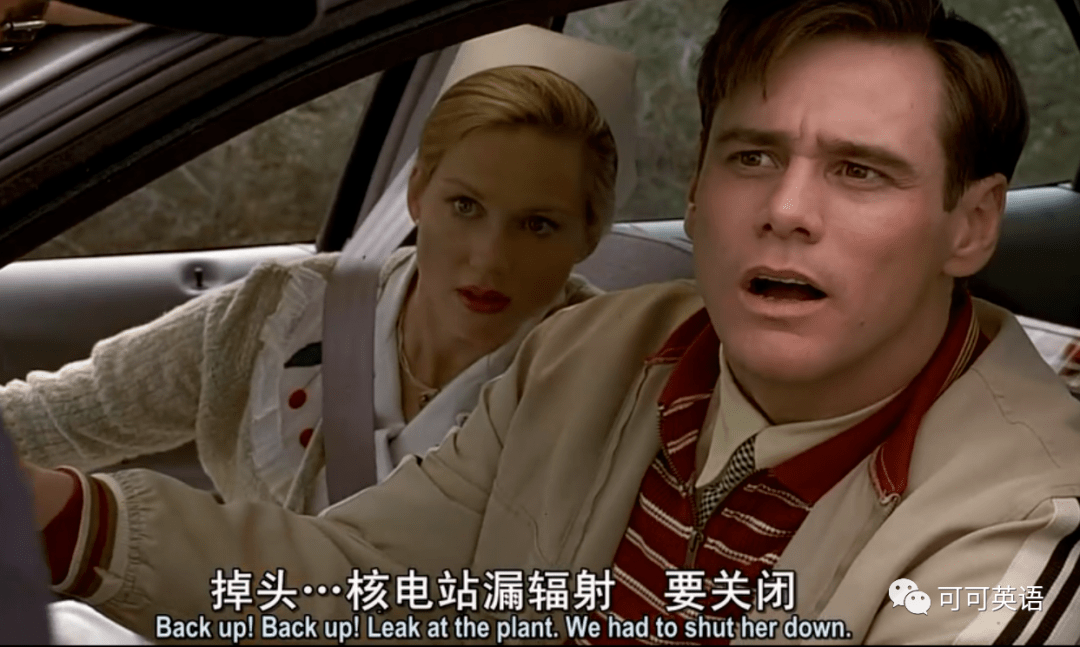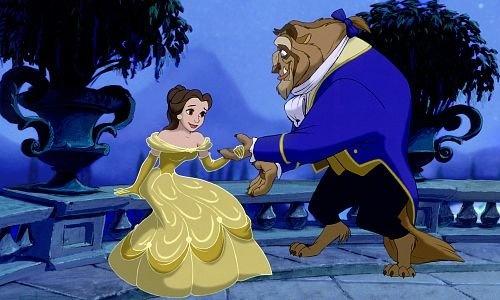Watching a movie is often an enriching experience that can provide insights into diverse cultures, emotions, and perspectives. Writing a reflective essay after viewing a film allows one to delve deeper into the narrative, explore its themes, and share personal impressions in English. Here's how you might structure such an essay, focusing on the key elements of plot, characters, setting, and message.

Firstly, let's outline the main points to include in our essay:
- Introduction: Briefly introduce the movie, including its title, director, and a brief synopsis. Mention why you chose to watch this particular film and any expectations you had beforehand.
- Plot Summary: Provide a concise overview of the storyline without giving away critical twists or spoilers. Emphasize the most impactful scenes or events that stood out to you.
- Character Analysis: Discuss the main characters and their development throughout the film. Highlight their strengths, weaknesses, and how they contributed to the overall narrative.
- Setting and Visuals: Describe the cinematography and settings used in the movie, noting how they enhanced the storytelling or added depth to the characters' experiences.
- Themes and Messages: Identify the underlying themes such as love, loss, redemption, or societal criticisms. Reflect on what these themes mean to you personally and how they were portrayed in the film.
- Personal Reflection: Express your feelings about the movie, including any surprises, disappointments, or moments that resonated with you deeply. Share how the film has influenced your thoughts or changed your perspective in some way.
- Conclusion: Summarize your overall impression of the movie and suggest who it might be suitable for or why it deserves a watch. End with a final thought or quote from the film that left a lasting impact on you.
Now, let's elaborate on each of these points:
In the realm of cinematic exploration, I recently immersed myself in the world of "Inception," a groundbreaking film directed by Christopher Nolan. Before watching, I was intrigued by its complex premise and high acclaim, hoping to witness a blend of psychological thriller with innovative storytelling. This choice proved rewarding, offering a tapestry of intricate plotlines and profound character studies.
The storyline follows Dom Cobb, portrayed brilliantly by Leonardo DiCaprio, a skilled thief who specializes in stealing secrets from deep within the subconscious during the dream state. His latest mission involves infiltrating the mind of Robert Fischer (Cillian Murphy), heir to a business empire, to plant an idea that will dissolve his father's corporate empire. Alongside Cobb are a team of specialists, each equipped with unique skills necessary for navigating dreams and altering reality itself. The narrative weaves through multiple layers of dreams, each more perplexing than the last, culminating in a climactic battle between reality and illusion.
One of the most compelling aspects of "Inception" is its ensemble cast. Cobb's character is a complex amalgamation of vulnerability and determination, his quest for redemption serving as the emotional core of the film. Arthur (Joseph Gordon-Levitt) represents youthful idealism and technical genius; Eames (Tom Hardy), with his disguise artistry, embodies versatility and charm; Ariadne (Elliot Page), though less central, brings introspective depth to the proceedings with her role as the architect who maps out the dreams. Each character's journey adds layers to the overarching theme of dreams versus reality, making their arcs integral to the story's success.
Nolan's vision is complemented beautifully by Wally Pfister's cinematography, which masterfully utilizes color contrasts, slow-motion sequences, and innovative camera techniques to create a surreal yet immersive experience. The use of practical effects rather than CGI heightens the sense of immediacy and authenticity, especially in the mesmerizing fight choreography set in zero-gravity environments. Hans Zimmer's haunting score further enhances the emotional weight of each scene, making the viewer feel as though they are part of the dreamscape alongside the protagonists.
At its heart, "Inception" delves into the dualities of perception and reality, questioning what constitutes the truth and whether our conscious minds can ever truly escape their subconscious burdens. It challenges viewers to ponder their own dreams and fears, suggesting that sometimes the line between them may blur in ways that affect our waking lives. Personally, the film resonated deeply with me due to its exploration of existential dilemmas and the power of human imagination. It prompted me to reconsider my understanding of reality and how our innermost thoughts shape our external actions.

In conclusion, "Inception" stands out as a masterclass in modern filmmaking, combining intricate narratives with powerful performances and stunning visuals. Its exploration of dreams as a metaphor for life choices makes it not just a spectacle but also a thought-provoking experience. I would recommend this film to fans of intellectually stimulating cinema and those who appreciate movies that challenge conventional notions. As Cobb famously muses, “We do not see things as they are, we see them as we are” - a quote that continues to echo with profound relevance long after the credits roll.
推荐阅读》未经允许不得转载:» 电影观后感作文 英语(电影观后感英语作文)

 家长点评网
家长点评网











